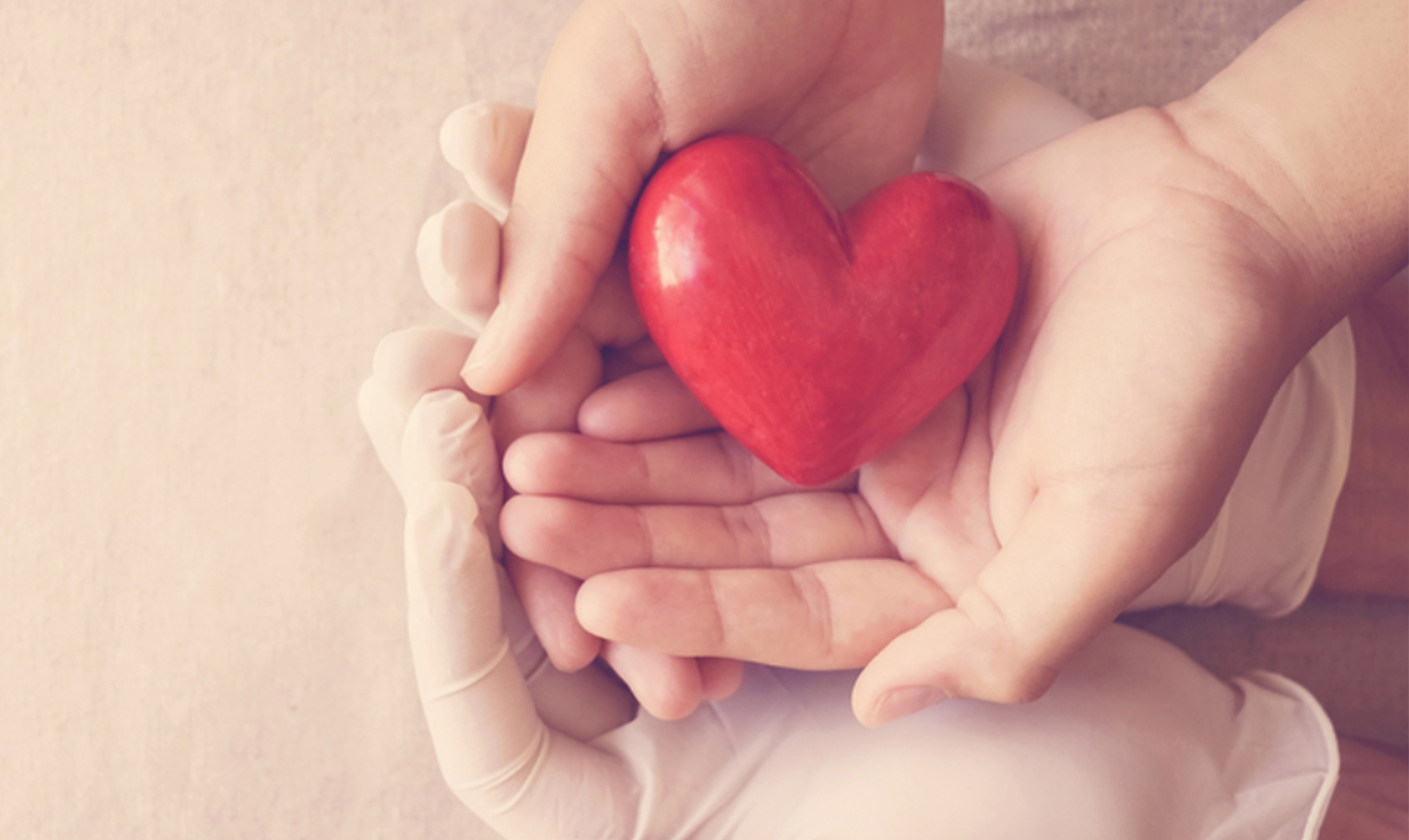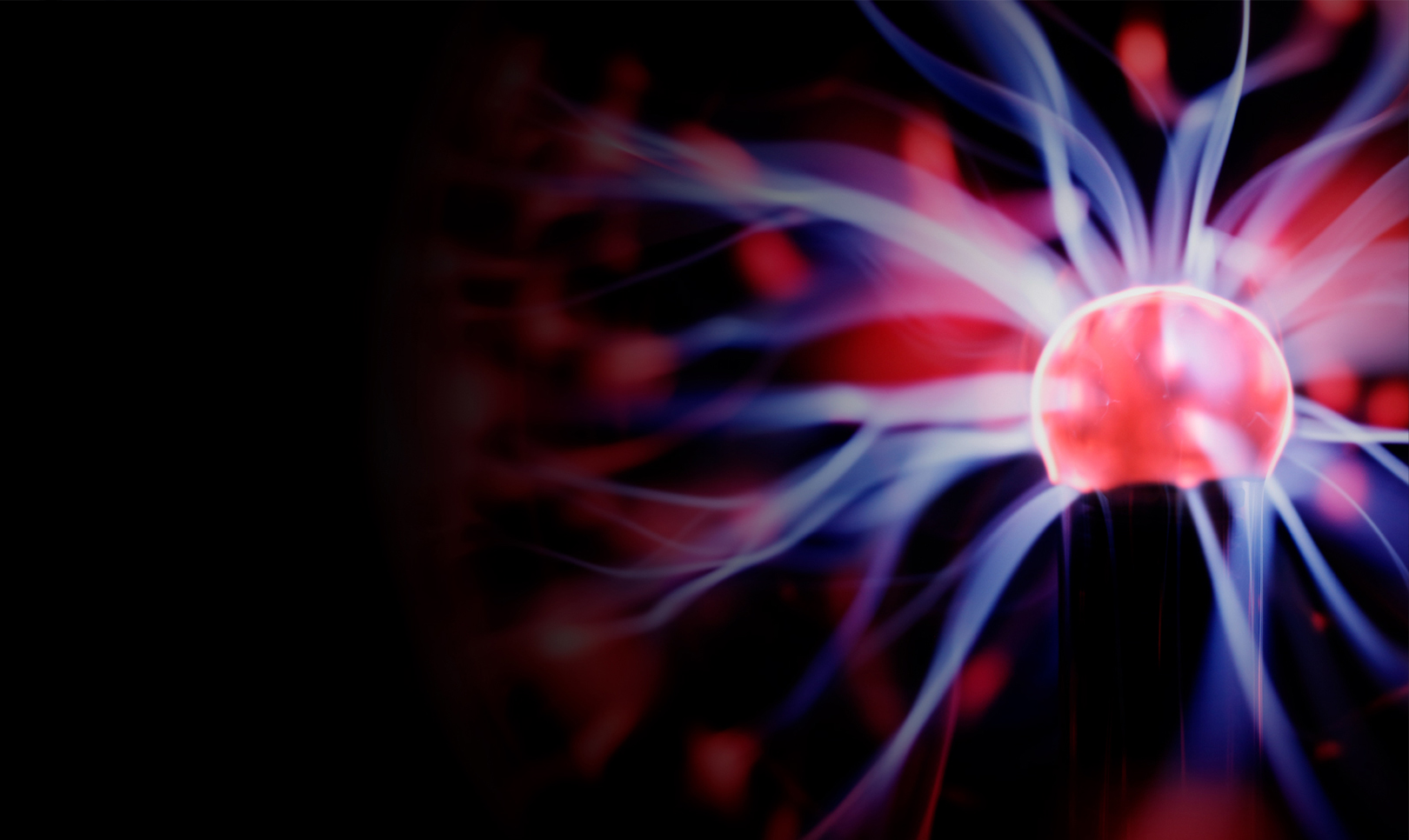First of all, reader, I need to warn you: this is no longer a text with ready-made recipes dictated by gurus for instant happiness. In other words, there are no magic formulas to achieve integral health, much less ready-made maps that indicate certain paths for the full experience of spirituality; this construction is individual!
The encounter between the path of search and self-discovery, on the part of the patient, and that of structuring care, on the part of the therapist, allows what we call “human flourishing”. Flourishing people have positive psychological, emotional, and social attitudes; they live a purposeful life, they are autonomous, they understand and accept the parts of themselves, taking on the continuous process of growth and self-construction from a position of control: they choose a destiny in life, instead of being victims of destiny. They are, therefore, wholly healthy.
In my experience of more than 13 years working as an integrative and psycho-bioenergetic physician and therapist, I have observed that some stages of this process are very similar to current scientific evidence and are fundamental in the construction of comprehensive health: person-centered care, stimulation of autonomy of the individual and his active participation in the process of rebalancing and well-being. It is not us, or technology, that heals. However, knowing different care techniques allows for greater security and expands the possibilities of therapeutic action – but these techniques will be the subject of another chat here, on the blog, to which you are already invited.
Magnetism, bioenergetics, hypnotherapy and neurolinguistic programming are examples of integrative therapeutic practices.
In recent years, in general, I have seen increasing spending on resources and technological innovations to overcome disease, but comparatively less investment of time and resources in building soft technologies for health promotion and disease prevention. However, are only those necessary? According to the World Health Organization, currently, about 60% of deaths occur due to chronic diseases, and it is estimated that, in 2020, they will have been responsible for 80% of the burden of disease in developing countries. Most of these diseases could be avoided with lifestyle changes and proper health promotion.
You might say this is too obvious. Indeed, it is no secret that abandoning alcohol consumption, smoking, and a sedentary lifestyle, as well as acquiring healthy eating and mental habits, have a positive impact on human health.
However, breaking old habits is not as easy as it seems. This is because numerous individual processes and social factors contribute to the maintenance of these bad habits, which usually trigger or are associated with some level of physical or emotional suffering. Ultimately, we are the result of our physical, emotional, and energetic “food”, which even models our brain and the way we will react to new stimuli, to perpetuate the illness process or find new ways out for health and well-being. – be desired. But how have you been helping your patients in this search?
In this sense, the role of the therapist is essential. Regardless of what the illness is, stimulating a new look at the facts of life, and how to value positive experiences, for example, is one of the ways to use our neurohormonal and mental apparatus in our favor. Thus, acting therapeutically is also acting by re-educating habits and postures (wouldn’t this be the so famous “intimate reform”?).
Some aspects should be encouraged in the person-centered care process, so that autonomy, lifestyle changes, and well-being are established, minimizing the causes of suffering. These are not innate abilities. Therefore, “caring” also means guiding the individual in cultivating six basic skills, which will allow integral human flourishing. Which are:
- Self-knowledge – the prerogative of all religious, philosophical, and healing systems. It’s the first step towards well-being and happiness, yet most people don’t take quality time to get to know themselves better and understand their own values and motivations.
- Self-responsibility – the ability to take responsibility for what happens in your life, whether positive or negative. Without it, there is no evolution. Yes! You are the centerpiece of your own life and health!
- Self-care – the ability to take care of yourself, seek better habits for a new lifestyle, know and control risk factors, directing choices towards the real needs of the body, mind, energies, and spirituality.
- Self-confidence and self-esteem – this duo goes hand in hand. The former is a positive and realistic belief in one’s ability to succeed and overcome challenges and difficulties. This is the subjective assessment we make of ourselves, involving beliefs and emotions that will determine less or more assertive behavior; it allows us to accept, understand and love our unique way of being.
- Self-realization – the result of life autonomy, through the development of the previous steps, allowing the expression of individual gifts in the fullness necessary for their happiness.
- The sixth “A” is the final path of the previous steps, the greatest objective of the individuality that seeks to flourish. It is what drives person-centered care and the integrative perspective of medicine that I believe in. It is the guideline for medical conduct and for you, the therapist, beyond any technique… A primary instrument for transforming and dynamizing nature. The ultimate way of experiencing full, free, and non-dogmatic spirituality, which is so necessary in this challenging time for humanity. It is, of course, about love: self-love!
And you: have you achieved satisfactory results in your life and your health or your work as a therapist? Have you ever thought that changing your patient’s life may be the requirement for him to be happy and healthy, within his possibilities, even during a physical illness process? It’s worth trying!
Which of the “As” is missing for you to change? Which of the “As” needs to be stimulated in your patient, to bring him closer to the maximum health and well-being he can have? After all, “insanity is doing the same thing over and over again and expecting different results”. Having an “Ace” up your sleeve can be key to winning in the game of life!
Love yourself more and more! Come with me, let’s go together!
A hug from Dr. Ary Caldeira
–
doctor Ary Caldeira (CRM/MG 45702) is a physician, acupuncturist, and therapist in psychobioenergetic integrative techniques. He works by uniting medicine and spirituality in his consultations, courses, and lectures. Using NLP techniques, hypnosis, phytotherapy, flower essences, and anthroposophic medicine, he helps patients to have more health and well-being, addressing emotional, behavioral, and energetic issues as a strategy for autonomy for self-care. Professor of the Integrative and Psychobioenergetic Therapy course.
PROFESSION: THERAPIST
Web series with 19 episodes. Available on YouTube.






